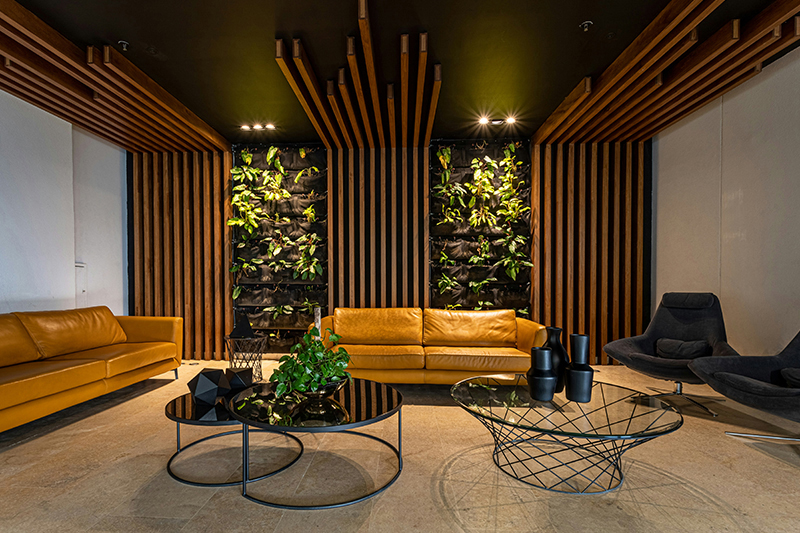Exploring the Hurdles in Singapore’s Furniture Sector
Furniture sector in Singapore has been undergoing dynamic challenges that set it apart from the other sectors. An outstanding challenge is the logistics of heavy furniture in a sustainable city due to the traffic and the construction that reduces space within the city. The space limitations complicate and escalate the cost of warehousing, which eventually leads to a firm losing money. Another trouble is the fast-moving voluntary consumer tendency towards green products. In this light, it can no longer be a mere option for firms to adopt eco-friendly behaviors, though such practices may be resource-intensive. Yet, out of the unavailability of qualified artisans, the industry fails to meet the increasing demand for tailored furniture. Nonetheless, high costs of operation and strict compliance are other common concerns found in different industries, such as technology and healthcare, thus negatively influencing overall competitiveness.

How HCM Systems Are the Response to Challenges Faced in the Sector
HCM systems have surfaced as the best answer to weather the storms. HCM systems play a critical role in enhancing workforce management that is crucial during the times when space and labor are hard to find. With the complicated nature of job roles in the furniture industry, a strong HCM system makes rostering easy and it enables operations to be more efficient. In fact, allowing employees to make their own decisions about how they work with such systems encourages engagement and hence reduces employee turnover.
In addition, the systems are fully coupled with advanced payroll engines that ascertain the fulfillment of local regulations, which in turn repels the possibility of getting penalized. For instance, such systems can automatically calculate the quota of long service payments and CPF contributions for the precise payroll management. ! Under such conditions, HCM systems not only allow firms to discontinue the cutback in human resources but also provide the necessary manpower for implementing certain eco-friendly projects. Singaporean furniture firms, applying HCM systems, can effortlessly pass both specific industry challenges and shared hurdles.
Guidelines for Successful HCM Implementation
HCM implementation goes beyond the selection of efficient software; it involves the cultural integration of the system. At the start, defining the goals of the HR system formulation is mandatory, and they should be in line with the aim of the business. Second, the buy-in of all stakeholders during the implementation phase ensures the commitment and the smooth adoption of the software. Third, it is very necessary to use a training program that is in line with the capabilities of the system so t he employees, the artisans, and the managers will be able to use all features of the software effectively. Axing employee recidivism options by the select HCM system that will fit well with the growth of the business is key for a sustained long-term success.
Multiable HCM System’s Preferences in the Furniture Industry
- Rule-Based Workflow Engine: Streamlining operations vigorously to save the time substantially involved in logistics of furniture.
- Fully Customizable Payroll Formula: This will absolutely minimize the payroll-related customizations to a point where there will be 90% less error.
- Intelligent Roster Planning: The new system will schedule the workers in a better way, hence, produce the best workforce.
- Unlimited Dimensions of Headcount: It enables flexible human resources planning that is vital for annual production changes.
- ISO:27001 Certified: Its observance of the ISO:27001 ruling shapes a protective net for the critical personal information from data breaches thus standing tall in compliance with the law.
IRAS Approval and Compliance Endorsement
The robust compliance features of the Multiable HCM system have accredited IRAS. It is the highest category in the ‘Software Compliance to Controls’ section of the evaluation within the Auto-Inclusion Scheme (AIS) for Employment Income. This indicates that the system fulfills the stringent requirements for total payroll management, thus being very relevant for Singapore’s furniture enterprises which operate under exceptionally strict guidelines.
What is Multiable HCM?
Multiable HCM is a cloud-native HCM (aka HRMS, HRIS or HR system). With over 6,000 customers, Multiable HCM gains positive feedbacks from customer across different sectors, from manufacturers, distributors, retailers, service providers to NGOs. The renowned no-code approach saves customer a big sum of customization costs and countless hours of implementation man-days.
What is LAIDFU (Let AI Do for You)?
LAIDFU is an AI tool for enterprise to build their own AI agents to perform various business AI tasks.
Proprietary EKP (Enterprise Knowledge Partitioning) technology eases CEO’s concern about trade secret leakage which often occurs in most AI agents / chatbots in the market.
EKP removes the hurdle of business AI adoption by most companies in using sensitive corporate data.
Powered by no-code approach, deployment of LAIDFU incurs far less developers (and development costs) in comparison with other AI tools.
LAIDFU empowers business, with or without an HCM system in place.
Contact us